Wordsworth's Preface
Hello Readers, in this Bridge course Thinking activity Blog I am writing down here about my understanding of Wordsworth's Preface and I am also giving the answer to some questions, Which is given by Dr. Dilip Barad sir, Department of English Maharaja Krishnakumarsinhji Bhavnagar University.
Introduction:-
William Wordsworth was born on 7, April 1770 in Cockermouth, a town on the edge of the Cumberland into a lawyer's family. He studied at Cambridge and completed his graduation there. He was a leader of the Romantic Movement in England. Wordsworth was a major English romantic poet but not a critic. However, his views on poetry are extremely important and can be found in the preface to the lyrical ballad 1802. He is the most representative poet of English literature. Wordsworth has written a series of poem collaborations with Coleridge entitled "Lyrical Ballad". He gave definitions of 'poet' and 'poetry' in his "Lyrical Ballad". His first two collections of poetry would be published in 1793, five years after his first published poem. By the time of his death in 1850 he had produced some of English poetry's greatest work and was influenced by a future generations of poets.
1.) What is the basic difference between the poetic creed of 'Classicism' and 'Romanticism'?
I think we find vital difference between the classicism and Romanticism. Generally they are two ideologies classicism and Romanticism. But it is different.The Classicism and the Romanticism are literary movements. The term Classicism refers to the admiration and imitation of Greek and Roman literature, art, and architecture. Order, maturity, harmony, balance and moderation are important qualities of Classicism.
The Romanticism might best be described as anti-Classicism. This movement stressed human emotion and thoughts and emphasized the individual, the imaginative, the spontaneous, the emotional, the visionary, and the transcendental. Popular romantic authors include people like Burke, Wordsworth, Coleridge, Blake, Keats, Byron, Gordon, Burns, Southey, Cowper, Shelley, Scott, Goethe, Lamb, De Quincey, Carlyle, Bronte sisters and Jane Austen.
Definition:-
Classicism and Romanticism developed so gradually and exhibited so many phases that a perfect definition is not possible. In general, Classicism can be defined as a style in literature that draws on the styles of ancient
There are two different ideologies or perhaps more than that. In classicism intellect was considered to be ruling guiding principal and pope, Dryden they were considered to be classicist. Whereas in romanticism we find imagination. Wordsworth, Keats, Shally they were romantic writers. They indulge in fancy and their poetry was highly imaginative. Restrained was ruling word among classicists. Whereas romantics gave liberty, poets were free to express their feeling.Classicists were followed classical masters like Aristotle, Plato. Whereas romantics turn for inspiration not to the classical masters. Medieval was prevented during that time.
We can find urban life; city life was presented in classicism whereas in romanticism rustic life, rural life was presented.
2.) Why does Wordsworth say 'What' is poet? rather than Who is poet?
When we look at the Wordsworth Lyrical Ballad (1798) we found that in his work he talk about the question what is poet rather than what is poetry. He describe the quality of poet.
Wordsworth propounded his views on poetry, its nature and functions and the qualification of a true poet in his Preface. So far as the nature of poetry is concerned, Wordsworth is of the opinion that “poetry is the spontaneous overflow of powerful feelings.”
‘Daffodils’ -‘I Wandered Lonely as a Cloud’ has been dissected methodically for illustrating the poet’s mood, the surrounding location, the allegorical meanings, and the beauty of nature in full motion. The poet’s love and proximity with nature have inspired and moved generations after generations of poetry lovers and young minds. Here describes the liberty of the daffodils dancing and swaying in the breeze, a sight to behold for wanderer thirsting for refreshment. He attributes Nature’s simple but delicate beauty of Daffodils to a marvel to behold.
It evokes a raw emotion of beauty. He compares the daffodils to the infinite Milky-Way that holds star-gazers spellbound. He reveres Nature’s art of holding the viewer’s gaze to the dance of the Daffodils.William Wordsworth achingly and delicately, describes the tranquil soul of Nature in Daffodils and the feelings elicited, which is one of his most beautiful poems that reverently makes him a Poet of Nature.
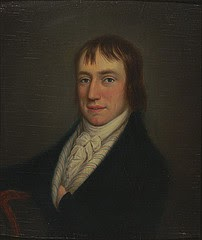
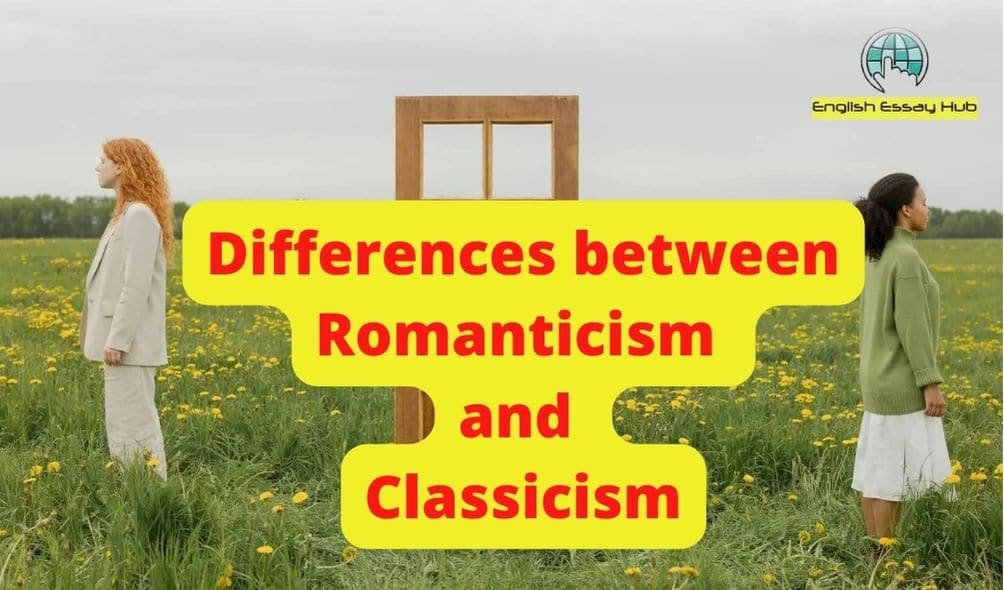





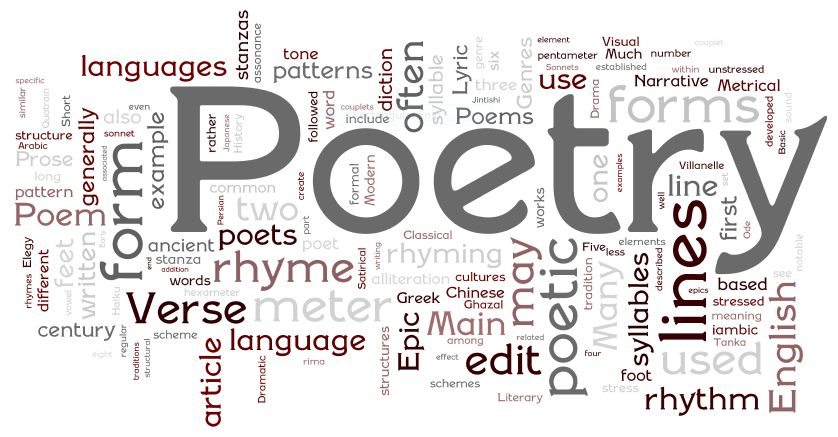
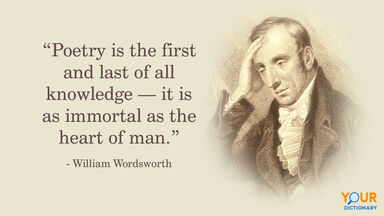
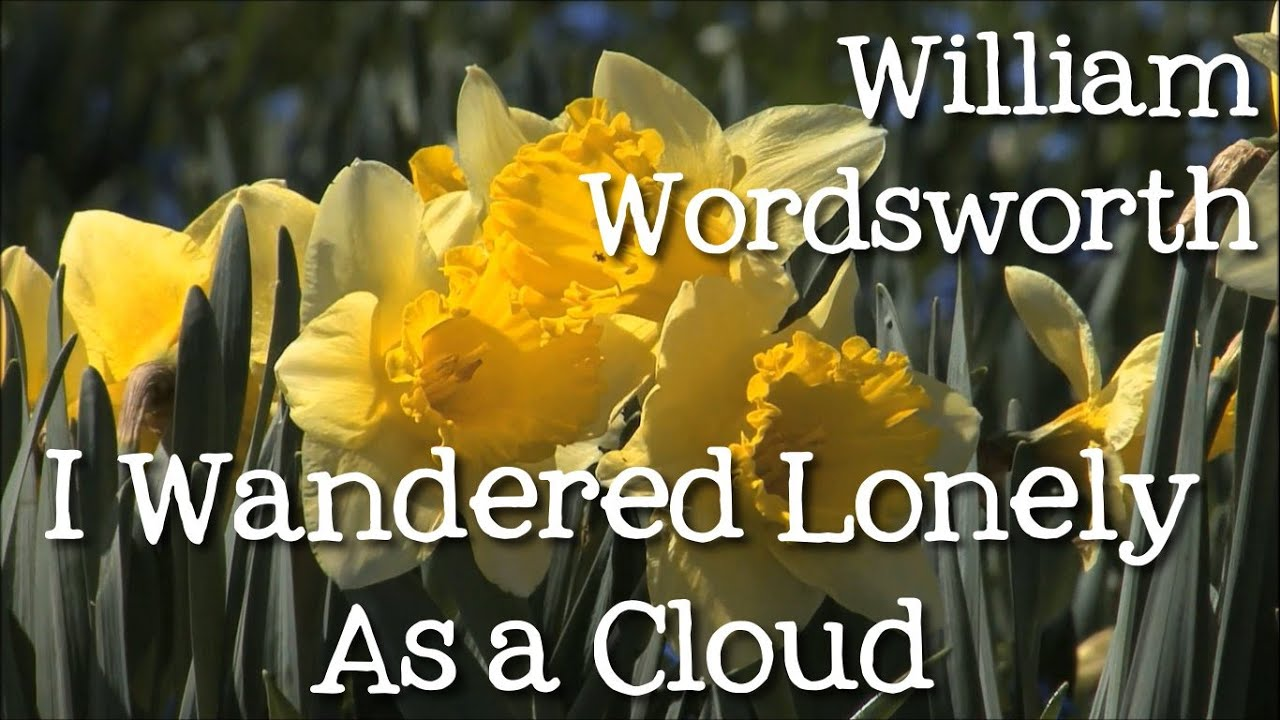





No comments:
Post a Comment